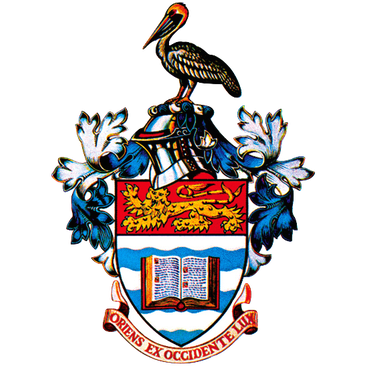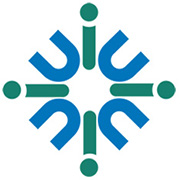📖Program Curriculum
Modules by Year
Foundation Year
Core modules (students are required to take):
Academic Skills and Studying with Confidence
We'll help you develop core academic skills such as using electronic resources, planning and note-taking, communication skills related to essay and report writing and delivering presentations. You'll learn how to manage your time, how to prioritise and how to manage stress, and you’ll become more confident in engaging with collaborative learning, debates, discussions and critical reflection.
Project
You’ll study an area of interest related to your chosen degree. You’ll work individually on your project, whether that's a written report, a presentation and oral examination, a film or a series of blog posts. You’ll undertake problem-solving learning, and formative feedback and support will be provided throughout, helping develop your self-confidence.
Communication: Introduction to Modern Media
This module will introduce you to various types of media, both in theory and practice. You’ll explore the role of 'story' in film and television, radio and the web that engages with audiences. You’ll develop an understanding of narrative structure, character development and idea generation, as well as understanding the skills and concepts required by the creative industries through lectures, workshops and practical exercises.
Image: Introduction to the Humanities
This module explores a range of historical approaches towards images and the social power they embody. From religious icons to celebrity glamour, fine art to selfies, you will develop an understanding of what humans have done and can do with images to shape attitudes and beliefs. As well as seminars, short lectures and workshops, you'll undertake an individual or group project to produce work that reflects the culture of 'image'.
Year 1
Core modules (students are required to take):
Ethical Foundations
Ask fundamental questions about what makes something morally right or wrong.
Introduction to Philosophy
Investigate the nature of the soul and the world through the eyes of Ancient and Medieval European philosophers.
Studying Religion and Spirituality
Ask foundational questions about the nature of religion and spirituality and how they are studied.
Critical Thinking and Logic
Learn how to think clearly and argue well by using formal and informal methods.
Religions in Focus
Understand how depictions of religion can affect our perceptions of them.
Year 2
Core modules (students are required to take):
Mind, Self and World
Investigate the nature of knowledge and ourselves through the eyes of Early Modern philosophers.
Fieldwork in Religious Studies
Gain first-hand experience of conducting fieldwork in religious studies.
Understanding Social Justice
Interrogate the meaning of social justice and its many forms in contemporary society.
Research Skills in Philosophy, Ethics and Religion
Learn about the process and methodologies used in research in philosophy, ethics, and religious studies.
Professional Placement
Gain experience applying your studies in the workplace.
Students are required to choose one option module from:
Asian Religion and Philosophy
Investigate the nature of knowledge, the self, and the world through a study of different Asian religions and philosophies.
Science and Religion
Ask questions about the relationship between scientific and religious explanations of the world.
Year 3
Core modules (students are required to take):
Dissertation
Work one-to-one with a supervisor on an extended project in philosophy, ethics, and religious studies.
Professional Learning Through Work
Students are required to choose up to four option modules from:
Ethics in Modern Society
Examine and critically analyse unique ethical issues that arise in modern society.
Knowledge and Reality
Investigate the nature of knowledge, the self, and the world through the eyes of contemporary philosophers.
Sexuality Studies
Investigate ethical, political and sociological questions about sex and sexuality.
Political Philosophy
Ask philosophical questions about politics and government in contemporary society.
Indigenous Religions and Cultural Appropriation
Learn about indigenous religions around the world and about the nature of cultural appropriation.
Philosophy of Technology
Examine philosophical issues arising from the role technology plays in our lives.









